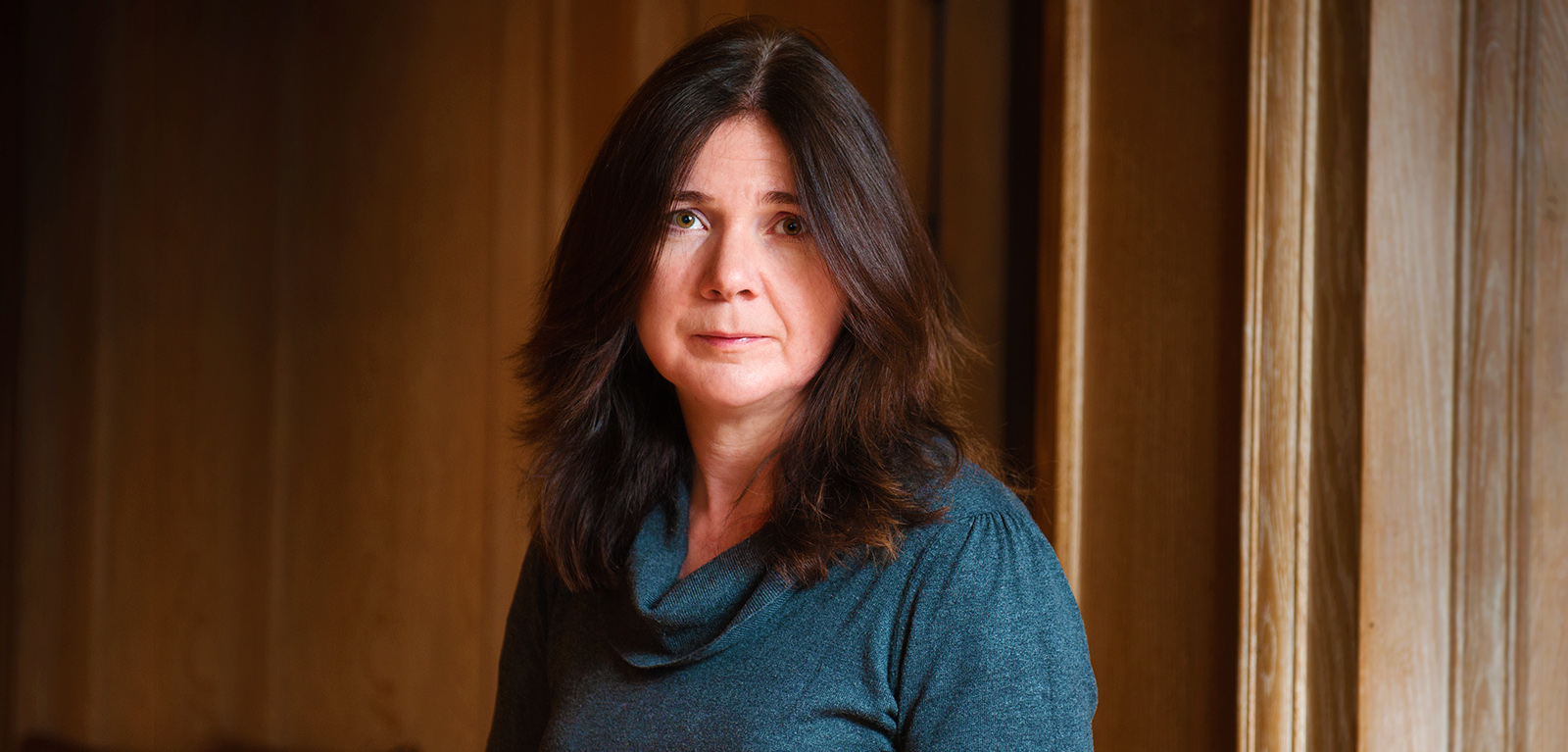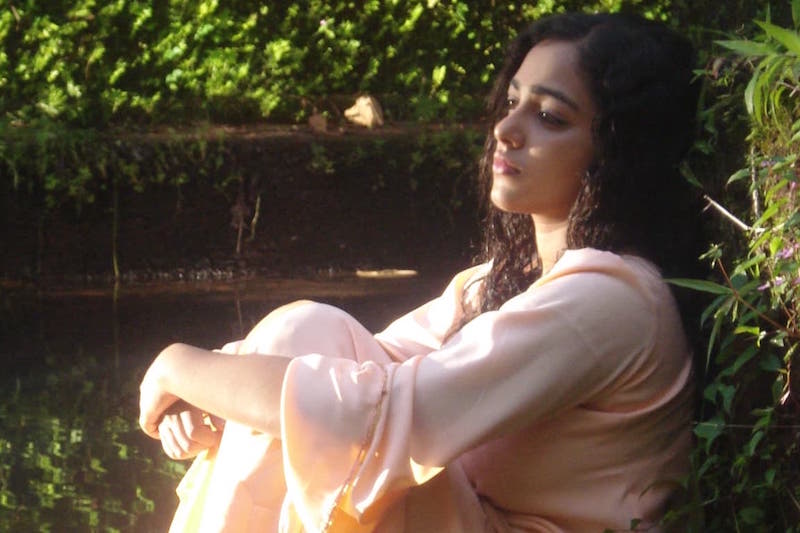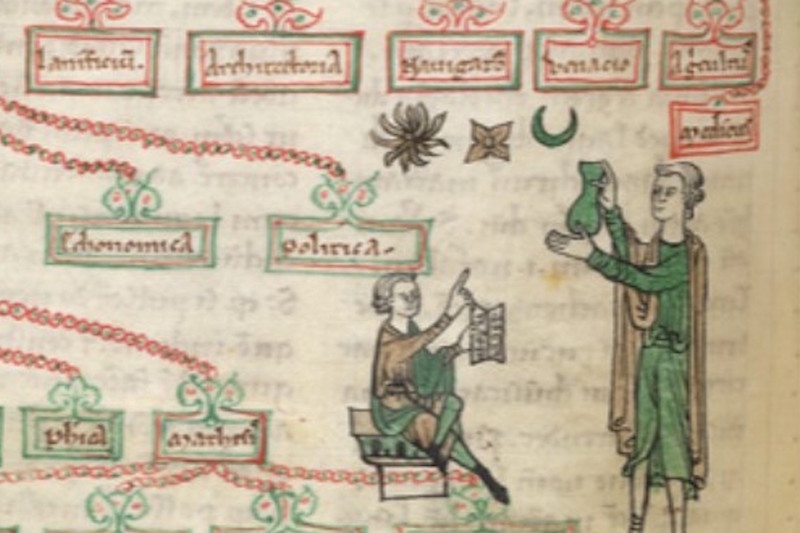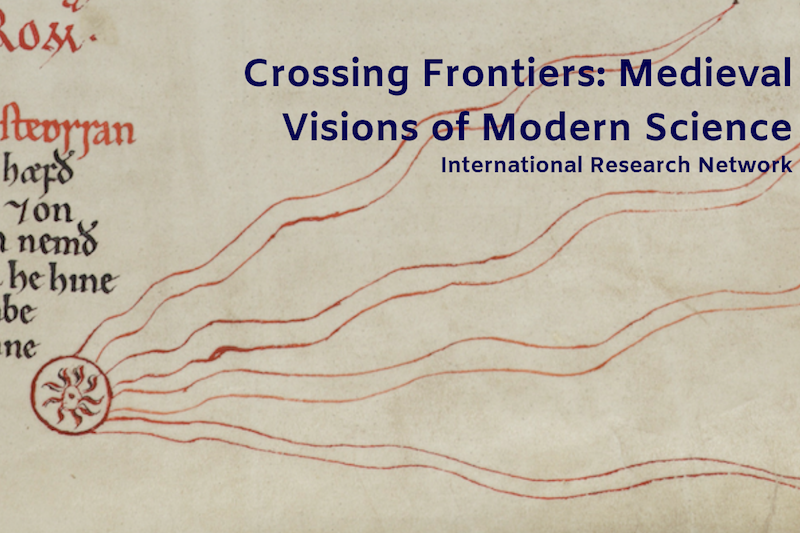Research in English - archive
Her research focus is on British and Irish poetry of the 20th and 21st centuries, but she has a particular interest – the impact of the First World War on Irish and British literature and culture. She says, ‘This interest is an abiding one. The First World War haunted me when I first started work on it, and it still does’.
She recently completed an AHRC-funded project advising BBC Northern Ireland on the ‘World War One at Home’ broadcasts which mark the centenary of the First World War, and she has edited Robert Graves’s war memoir Good-bye to All That for Penguin Classics (2014).
Hers is a familiar voice to radio listeners of BBC Radio Ulster and BBC Radio 4 through her contribution to programmes such as In Our Time, presented by Melvyn Bragg. She also reviews poetry regularly for the Guardian. These kinds of platforms, she believes, can have real impact, offering a way of bringing awareness and understanding of poetry into the public sphere.
Her work on contemporary Northern Irish poets such as Michael Longley or Seamus Heaney shows how modern poets inform our understanding of both global and local conflict. Her books include The Great War in Irish Poetry (2000) and Reading Michael Longley (2006). She is also co-editor of The Oxford Handbook of Modern Irish Poetry (2012), Incorrigibly Plural: Louis MacNeice and his Legacy (2012) and Modern Scottish and Irish Poetry (2011)
Researchers throughout English contribute in dynamic ways to the culture of Belfast, Northern Ireland and beyond
Researchers in English inherit and maintain a culture which values the potential to benefit those outside the research area and the academy. They recognise the unique role the university plays in the context of Northern Ireland, and the relationship between cultural initiatives and political developments in the region, a relationship hard to quantify, but nevertheless attested to and explicitly referenced in the Northern Ireland Assembly’s cultural policy statements and agendas, and affirmed more recently by Belfast’s Lord Mayor in the establishment of a Belfast poet laureateship (Professor Sinéad Morrissey).
English is committed to the production and dissemination of high quality, high impact research, and to inter- or multi-disciplinary work, which informs and transforms the knowledge base of literary and linguistic studies. It recognises too that the wide dissemination of the work of its creative writers (work itself often informed by current research in the discipline of English Studies) provides a cultural benefit to a general public in and beyond Northern Ireland – as interrogating questions of identity politics through an imaginative medium that reaches a wide public, thereby contributing towards the reshaping of cultural values and expectations.
There is an extensive staff media impact. Staff contribute frequently to radio and TV broadcasts on literature and culture, including, for example, appearances on BBC Radio 4 Woman’s Hour, BBC Radio 3 The Verb, BBC Radio 4 In Our Time; RTE Radio The Arts Show; BBC Radio Ulster, Arts Extra; BBC Radio Ulster, The Book Programme, The Book of Irish Writers. Research expertise has also been utilised in the writing and presenting of TV documentaries exploring and promoting Northern Ireland’s cultural heritage.
Writing on literature and culture for newspapers, including the Guardian, the Irish Times, the Observer, and the Belfast Telegraph is frequent. Media interest in, and recognition of, the impact of English Studies academics' research on social and cultural developments facilitates a political input and public engagement by researchers.
Research activities – in medieval studies, eighteenth century studies, Irish studies and Shakespearean studies – engages with academics, graduate students and members of the public in a variety of events, seminars, symposia, screenings and festivals. And the Seamus Heaney Centre for Poetry not only runs its own extensive series of public readings, but Heaney Centre students have been responsible for revitalising public engagement with literature and poetry through the Lifeboat Poetry events and 'Of Mouth' Linenhall Library readings.
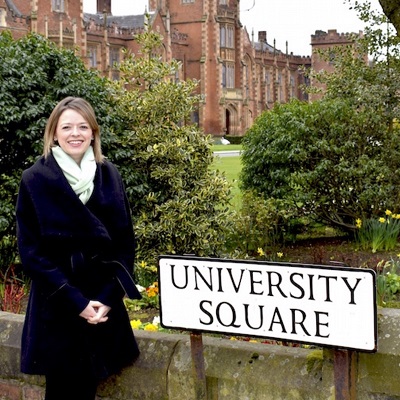
My book Performing Childhood in the Early Modern Theatre offered a new account of early modern childhood by assessing child performers. Current work explores ho
Staff profileCHILDHOOD, RIOT AND PERFORMANCE : CHILDHOOD, RIOT AND PERFORMANCE : Staff profile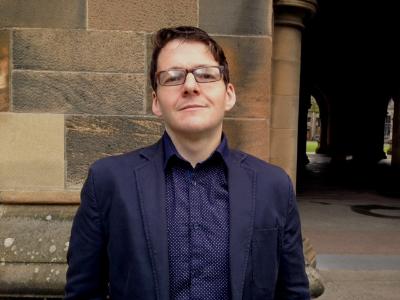
Extending dominant geographical and temporal frameworks for reading Decadent literature
Staff profileLandscapes of Decadence : Dr Alex Murray : Staff profile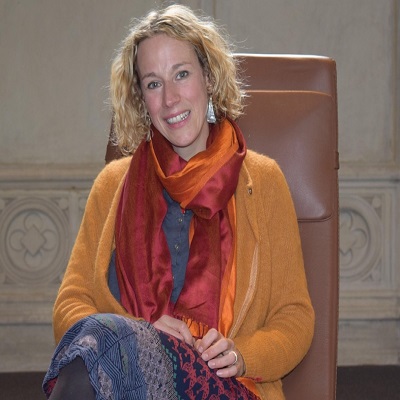
Subaltern Ethics in Contemporary Scottish and Irish Literature develops a postcolonial approach by galvanizing Emmanuel Levinas’ ethics with the socio-cultural
Staff profileTHE INTERSECTIONS AND CROSSCURRENTS OF IRISH STUDIES : DR STEFANIE LEHNER : Staff profile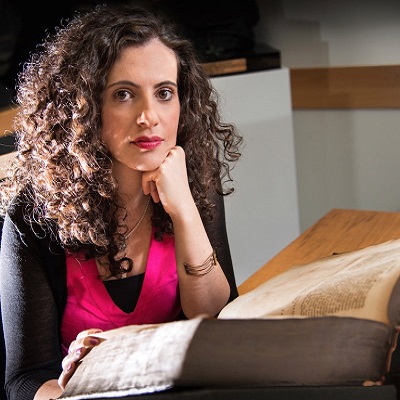
The interface between prognostication, magic and science in the Middle Age and the relationship between weather and time are at the heart her research. This stu
Staff profileScientia before Science : DR MARILINA CESARIO : Staff profile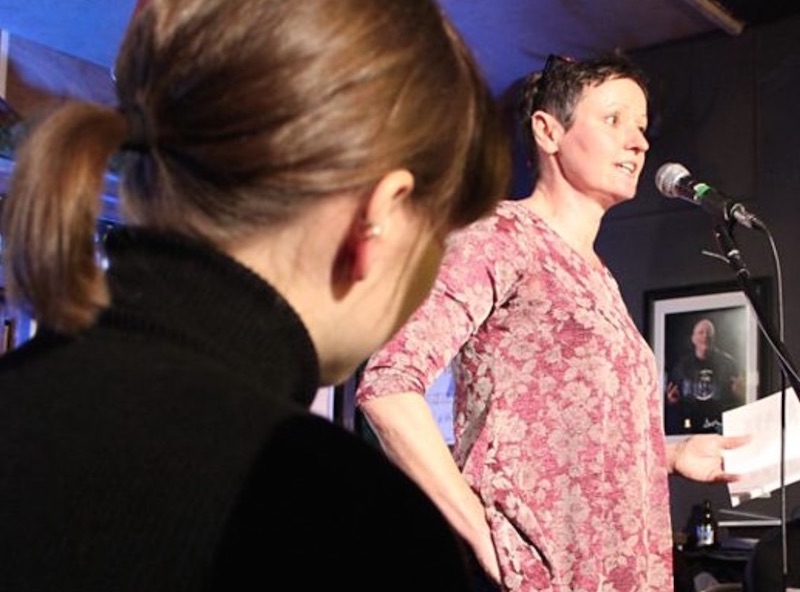

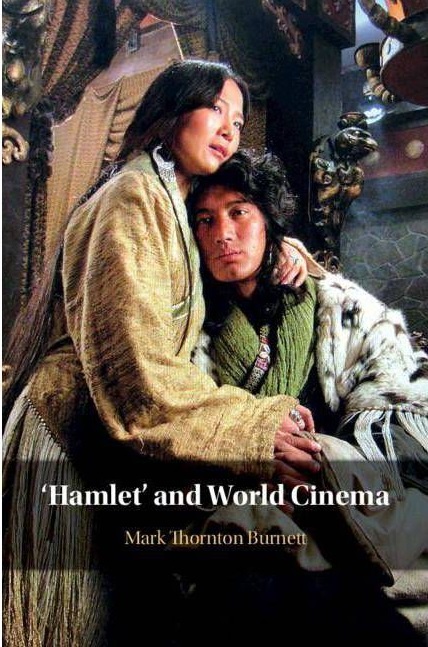
Mark Burnett, 'Hamlet' and World Cinema
(Cambridge University Press, June 2019)
'Hamlet' and World Cinema reveals a rich history of cinematic production extending across the globe. Making a case for Hamlet as the world's most frequently filmed text, and using specially commissioned interviews with cast, directors and screenwriters, it discusses films from Africa, Asia, Europe, Latin America and the Middle East. In so doing, it rejects the Anglophone focus which has dominated criticism up to now and explores instead the multiple constituencies that have claimed Shakespeare's most celebrated work as their own.
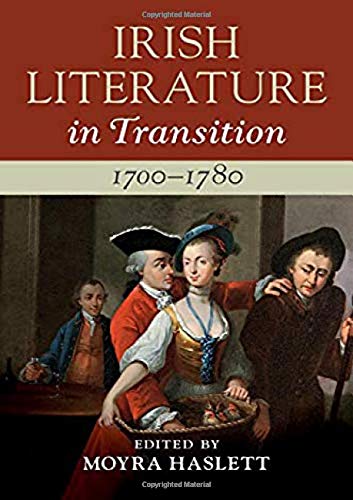
Moyra Haslett, editor, Irish Literature in Transition, 1700-1780
(Cambridge University Press, Feb 2020)
This volume examines eighteenth-century Irish literature, highlighting the diversity of texts, authors and approaches that characterises contemporary studies of the period. Chapters consider the contexts of history, politics, language, philosophy, gender, sexuality, and the environment while situating Irish literature in relation to Ireland, Britain, Europe and beyond. It demonstrates the exciting vitality and richness of eighteenth-century Irish literature - written and performed - as well as its complex intersections with different communities and traditions.
“A near-perfect reading of Ireland’s greatest writers” (The Irish Times)

